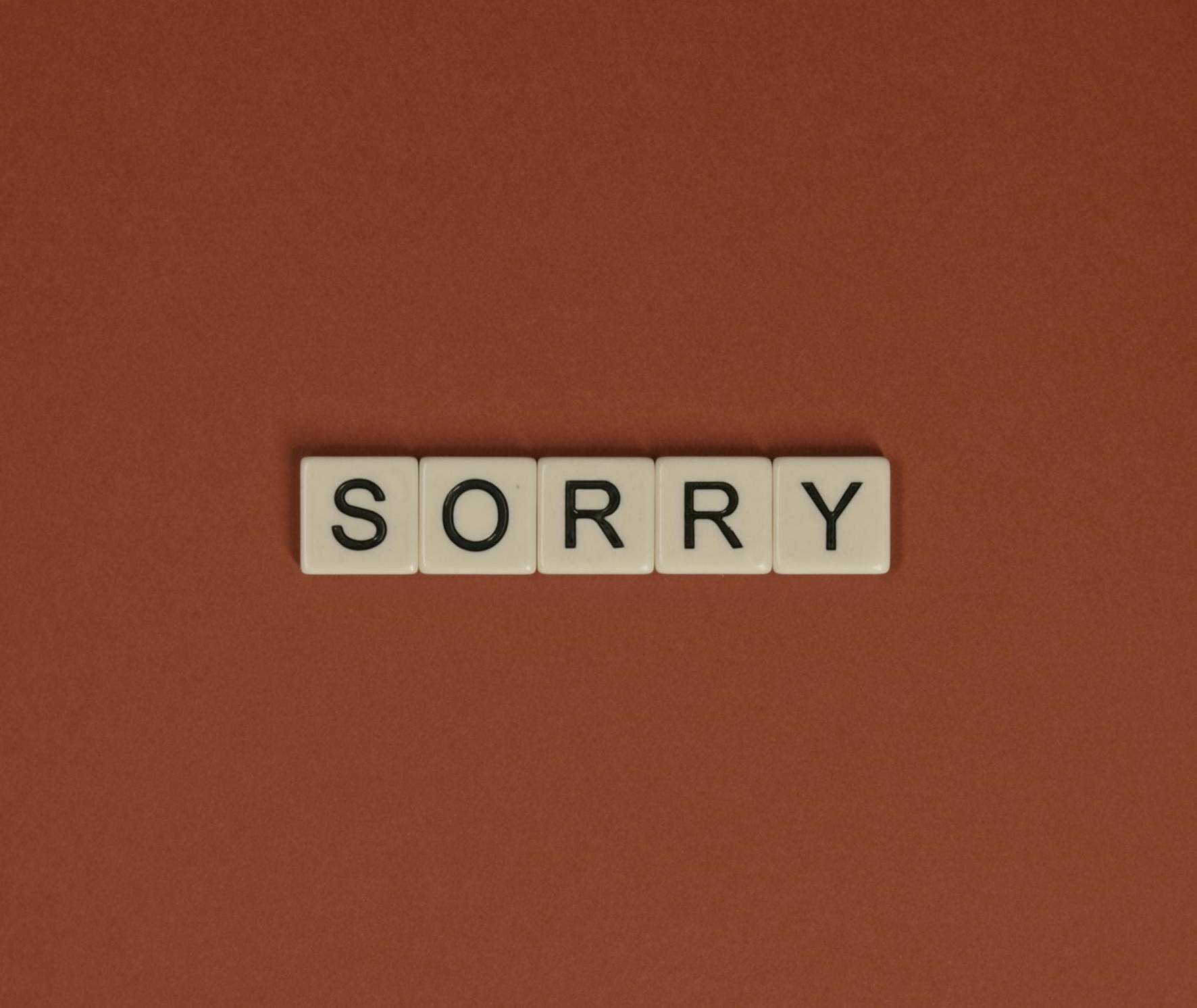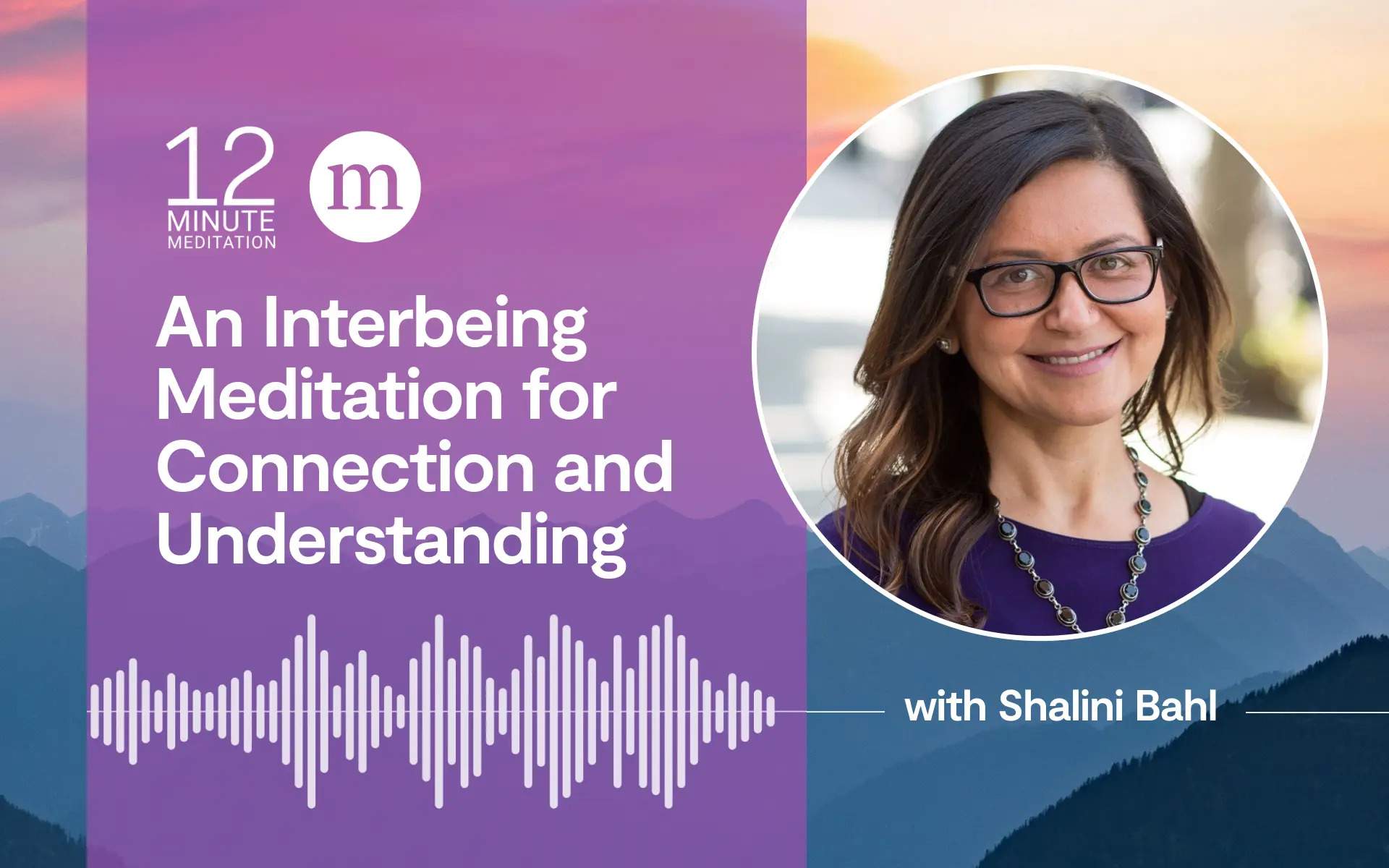Flexibility that bends toward just one perspective in the return-to-work debate is not flexibility. I discovered this the old-fashioned way: By listening to our employees face-to-face.
During these discussions, some of our new hires communicated a lack of social connections at work, fewer new friends, which led to feelings of exclusion from the company culture. Why? Because remote work meant the office was primarily empty. This isn’t an argument around the pros and cons of returning to the office but the state of our teams’ mental wellness.
Former New York advertising executive and author Simon Sinek makes a telling observation about the value of small, everyday interactions in the office when he says: “We build trust between the meetings.”
Suppose we deny this fresh cohort of burgeoning creatives the opportunity to forge genuine human connections and mentorship in the workplace. We’d be failing as leaders and stunting the careers of our future visionaries. And the buck doesn’t stop at the entry level but applies to each new hire across every level of an organization.
At Leo Burnett, we’ve since mandated in-office work two to three days each week because there’s a big difference between doing a weekly status call and having lunch with someone.
Economic and social stress produced by the pandemic places responsibility on leadership to communicate we care—not just virtually but in person. It’s a fraction of the broader strategy to foster a healthy work environment in our hyperconnected world.
The Value of Presence
Powering a creative organization requires giving people the gifts of perspective and space to come into presence—an awareness of the current moment.
Hyperdigitalization has made physical and mental presence more critical than ever. People check their smartphones during work an average of 30 times a day and touch their phones 2,617 times daily. The average office worker also receives 121 emails a day and sends 40. This heavy burden can lead to digital burnout.
When people spend most of their day responding to emails, they’re reacting, not planning or responding. Operating in a reactive state allows no space for creativity to flourish, which is the working brief of a creative agency. This is where a key pillar of radical self-care is so valuable. While distraction is the antithesis of creativity, mindfulness grants us space for emotional availability and mental presence, allowing us to see possibilities rather than limitations.
Research shows that present-moment awareness increases resilience to stress and improves mood and well-being. Removing attention from the past and future disarms coping mechanisms such as denying, ignoring, and distracting from the countless stressors affecting modern workers.
People often think they don’t have time to practice mindfulness or meditation, but it’s simply the act of being intentional when using small breaks to bring our focus back to the present moment. We can practice mindfulness in our daily lives by following our breath while waiting in a line, pausing to stretch, or taking a deliberately slow walk back to the office.
In other words, mindfulness also takes place “between meetings.”
Model Radical Self-Care
Radical self-care is attending to your needs first. In thriving organizations, it must start at the top level and trickle down. Leaders who take the time to “sharpen the saw” by recalibrating renew their energy so that they can show up with inspiration and empathy.
While this form of self-care may seem radical, it’s essential to normalize this at the organizational level. The message that radical self-care is anything but selfish will filter down throughout a company if we set a positive example.
Practicing radical self-care may require executives to reimagine their leadership style from taking charge in the trenches to nurturing people’s well-being, including their own.
Making small changes within your company can lead to tremendous impact team-wide. For instance, we’ve made mental health training available to all our employees, which takes them through 12 programs hosted by mindful.org. These initiatives aim to remove any stigma associated with mental health, mitigate negativity bias, and create a culture where emotional literacy is valued.
Another of our programs allows leaders to share their battles with mental health. As leaders, we often confront the lose-lose situation of making decisions based on poor alternatives. No matter our decision, it’s always a “bad” one. Offering people a glimpse into our stressors humanizes the workplace. In turn, it allows staff to be vulnerable and admit when coping is difficult.
Practicing radical self-care may also require executives to reimagine their leadership style from taking charge in the trenches to nurturing people’s well-being, including their own. Putting your needs first is selfless, as it makes you emotionally available to your teams. It’s part of your job description as a leader in these unprecedented times.
Teach People to Fish
A company’s emotional culture links directly to job satisfaction, burnout, teamwork, and absenteeism. The goal of making training available is to “teach people to fish,” offering them the tools and strategies to become the best manager of their emotional needs over the long term.
Prioritizing mental health also creates an open space where creativity can flourish. In a creative organization, we will build a happier, more productive, and more empathetic workforce if we can treat curiosity and playfulness as part of the business.
My advice for today’s leadership: take space and time for self-care, practice mindfulness, and remember to play in any of its myriad forms. Whether you’re spending your lunch hour at your favorite restaurant or playing music to carry you through your hectic afternoon, treat the need for play with the same seriousness you give work. Doing so illustrates what self-care should look like to your staff and brings us back to the moment’s limitless creative potential.








